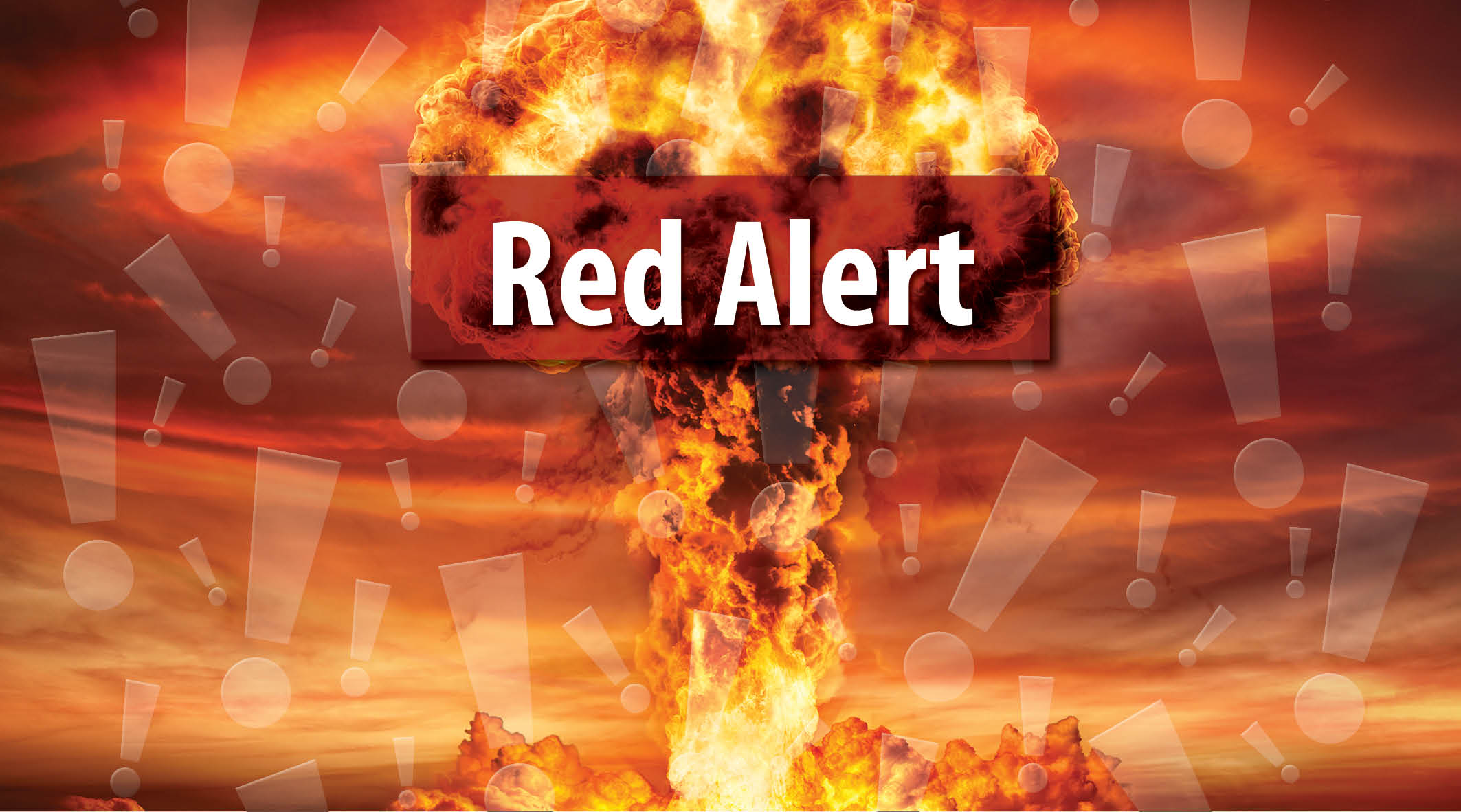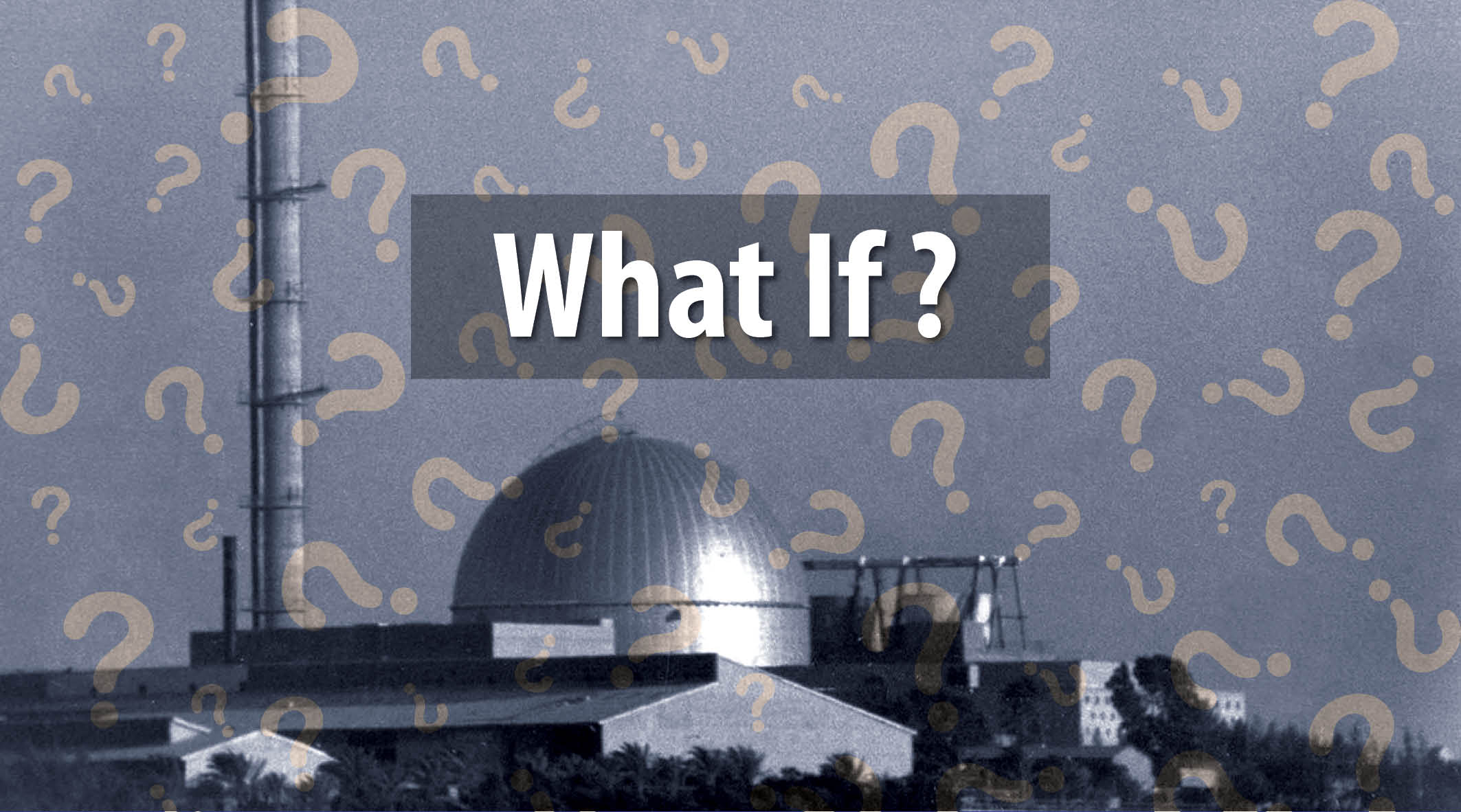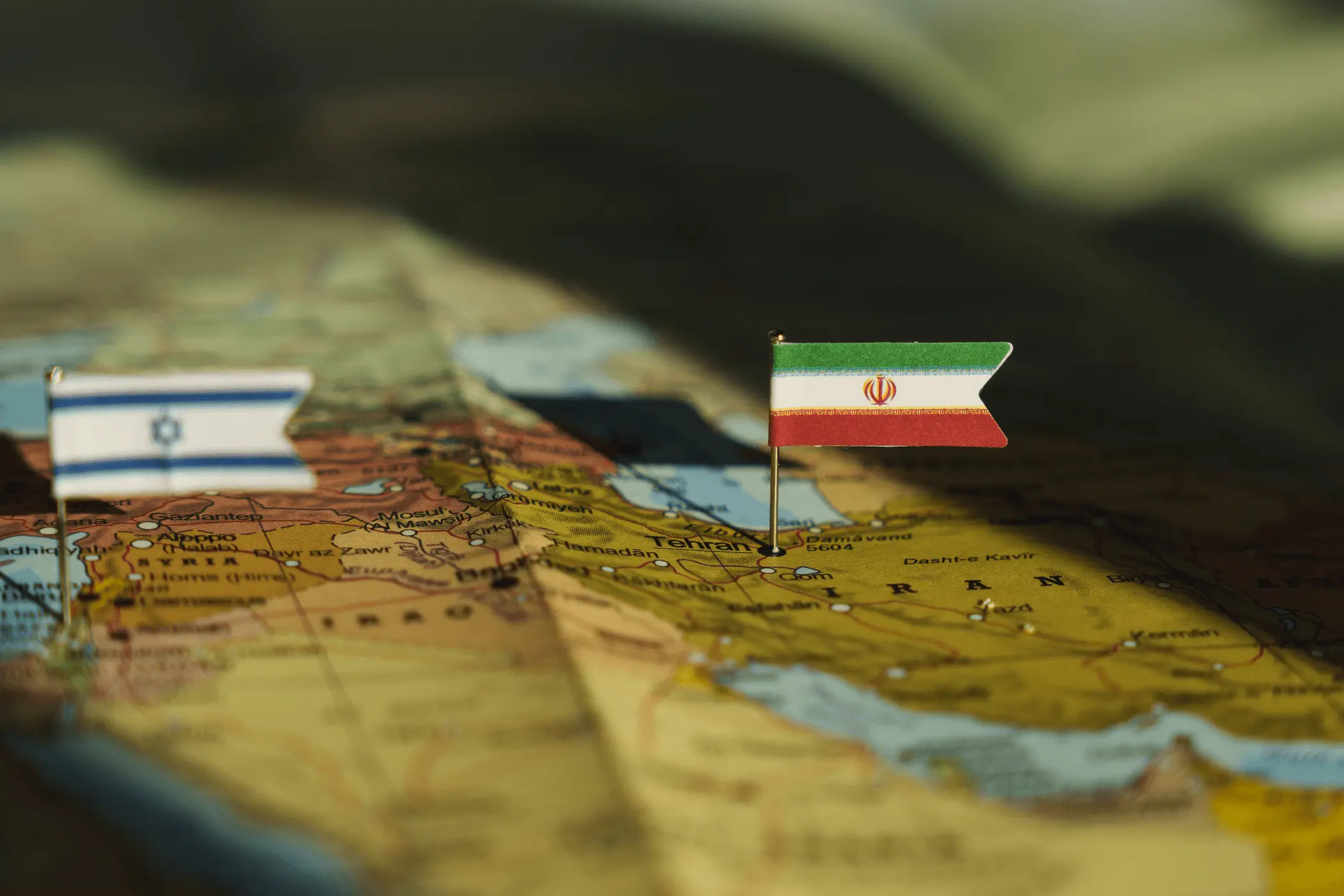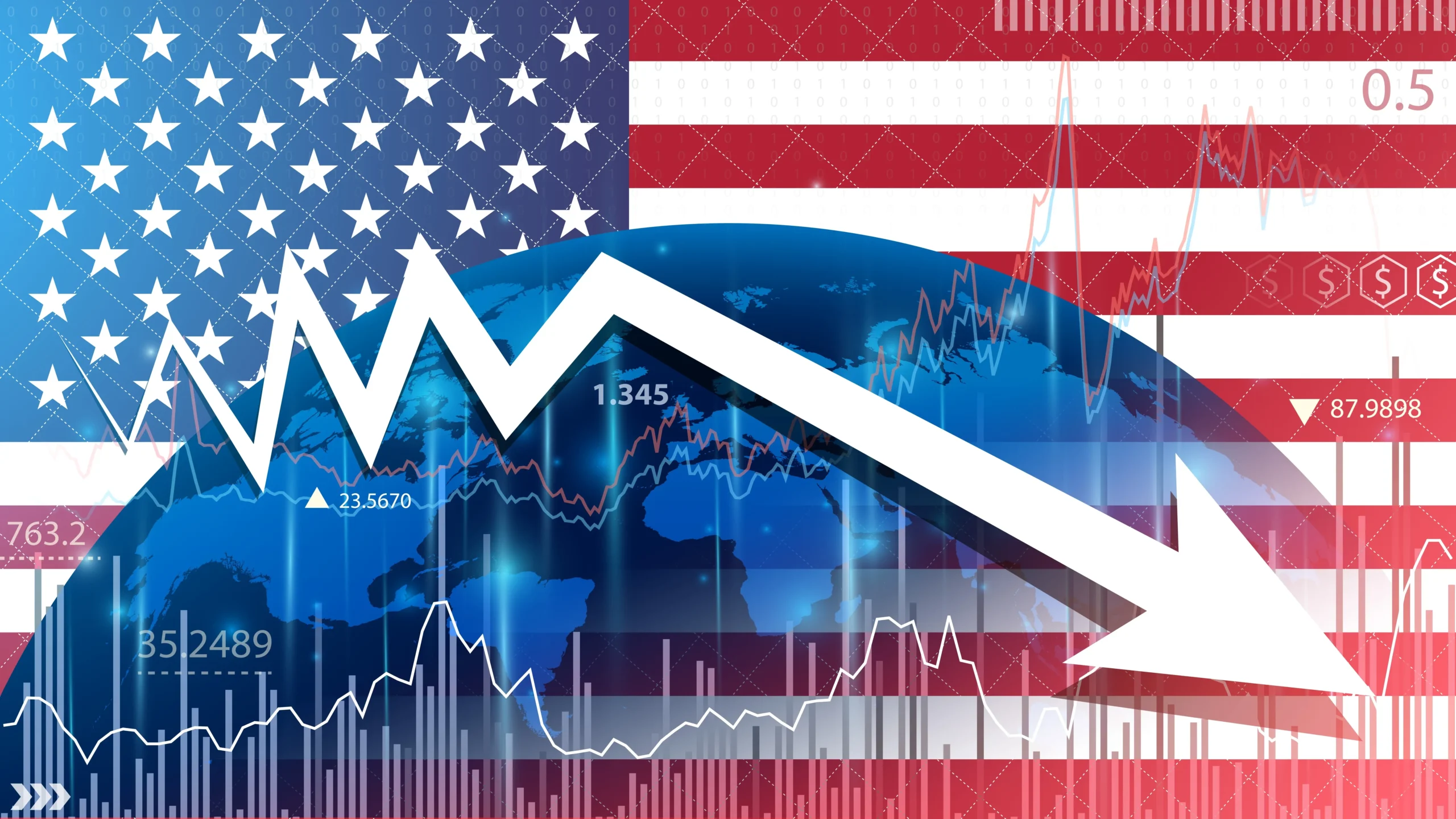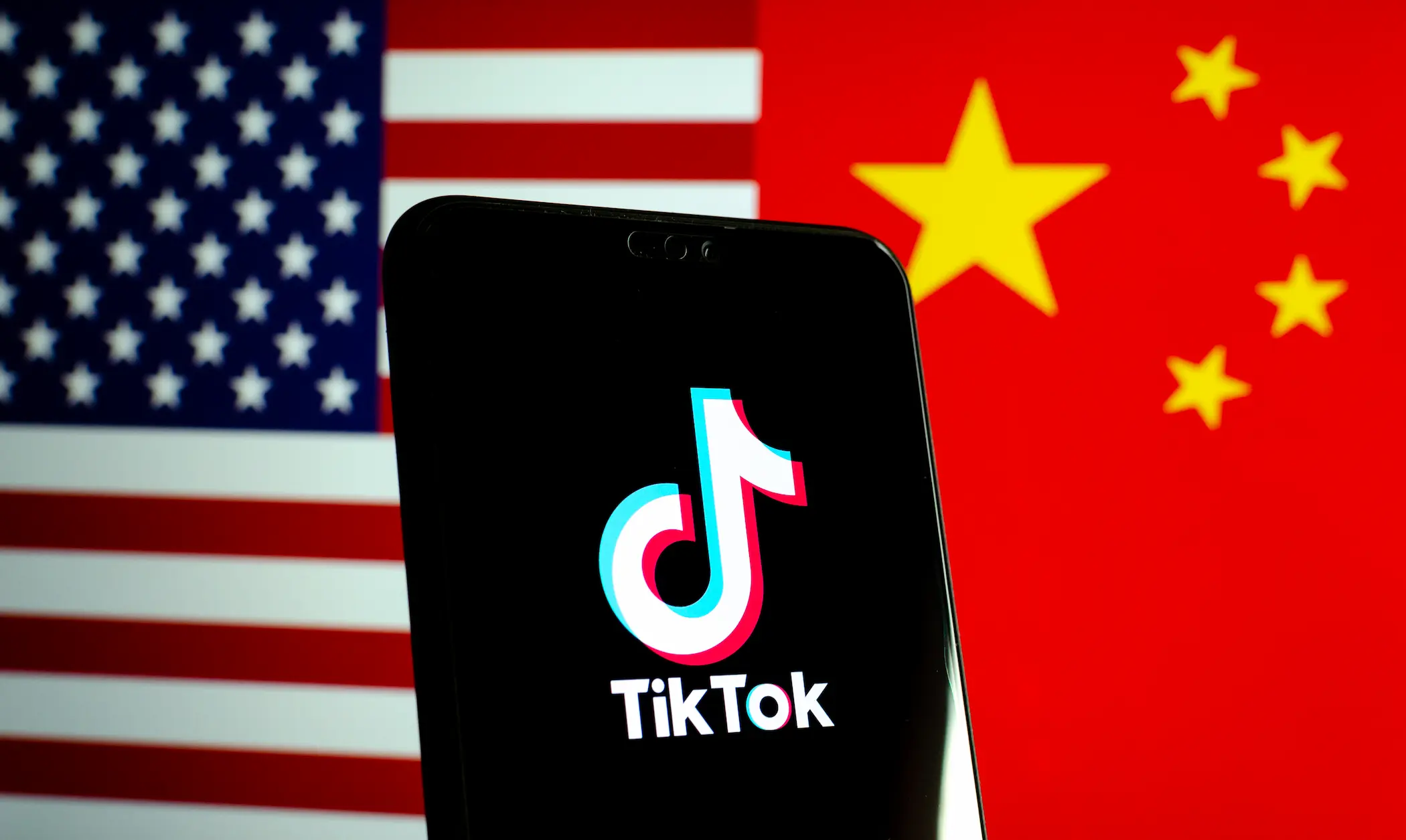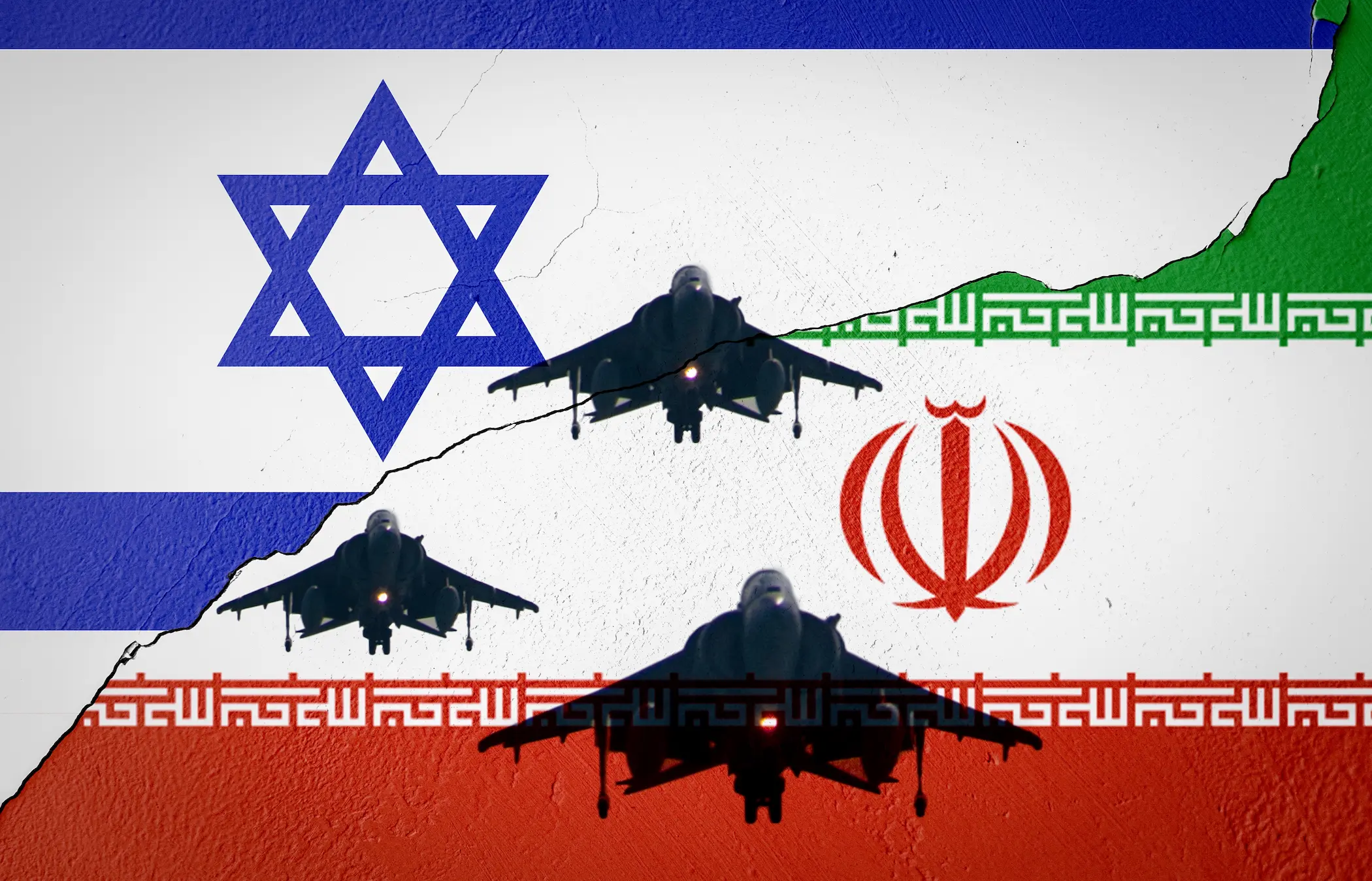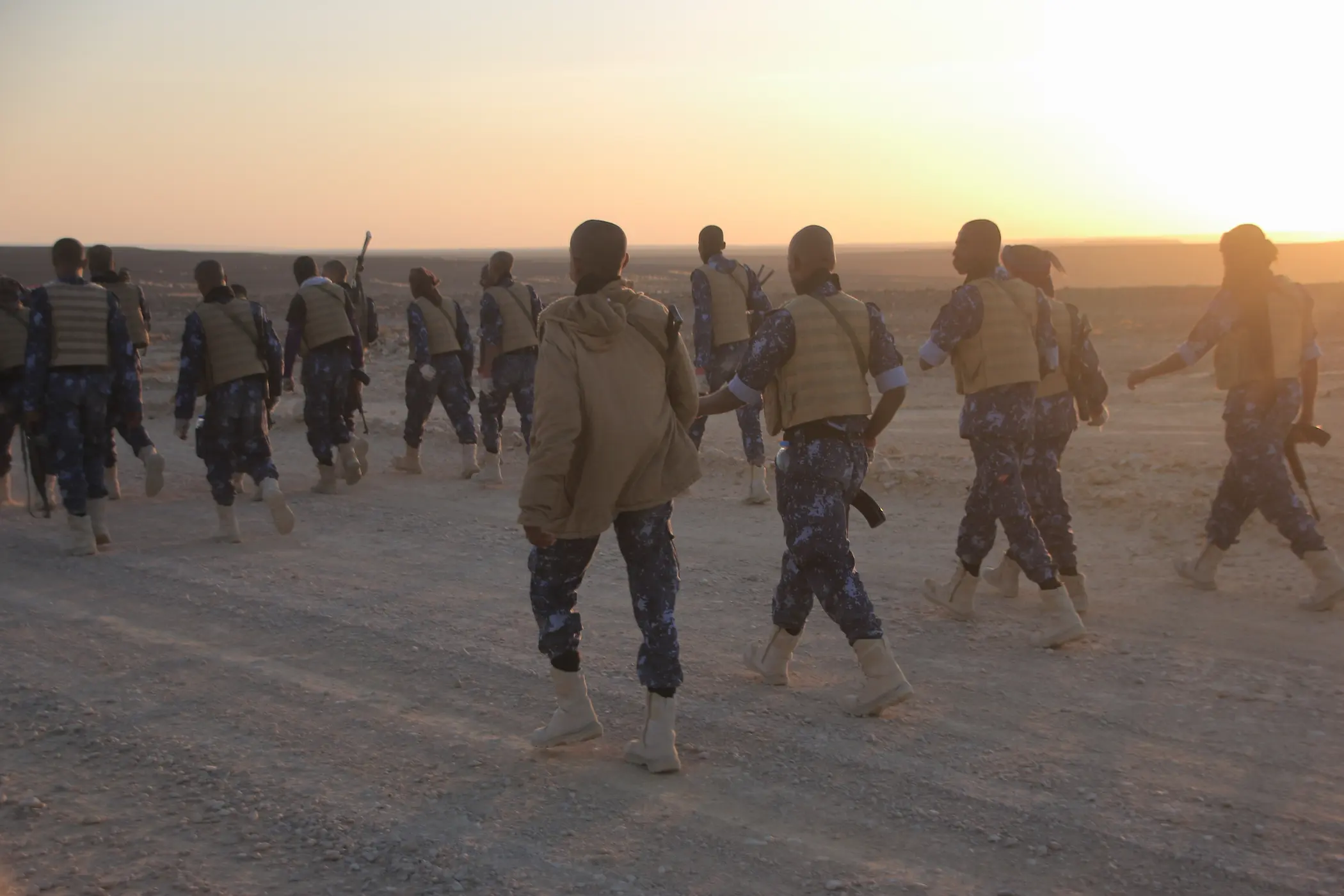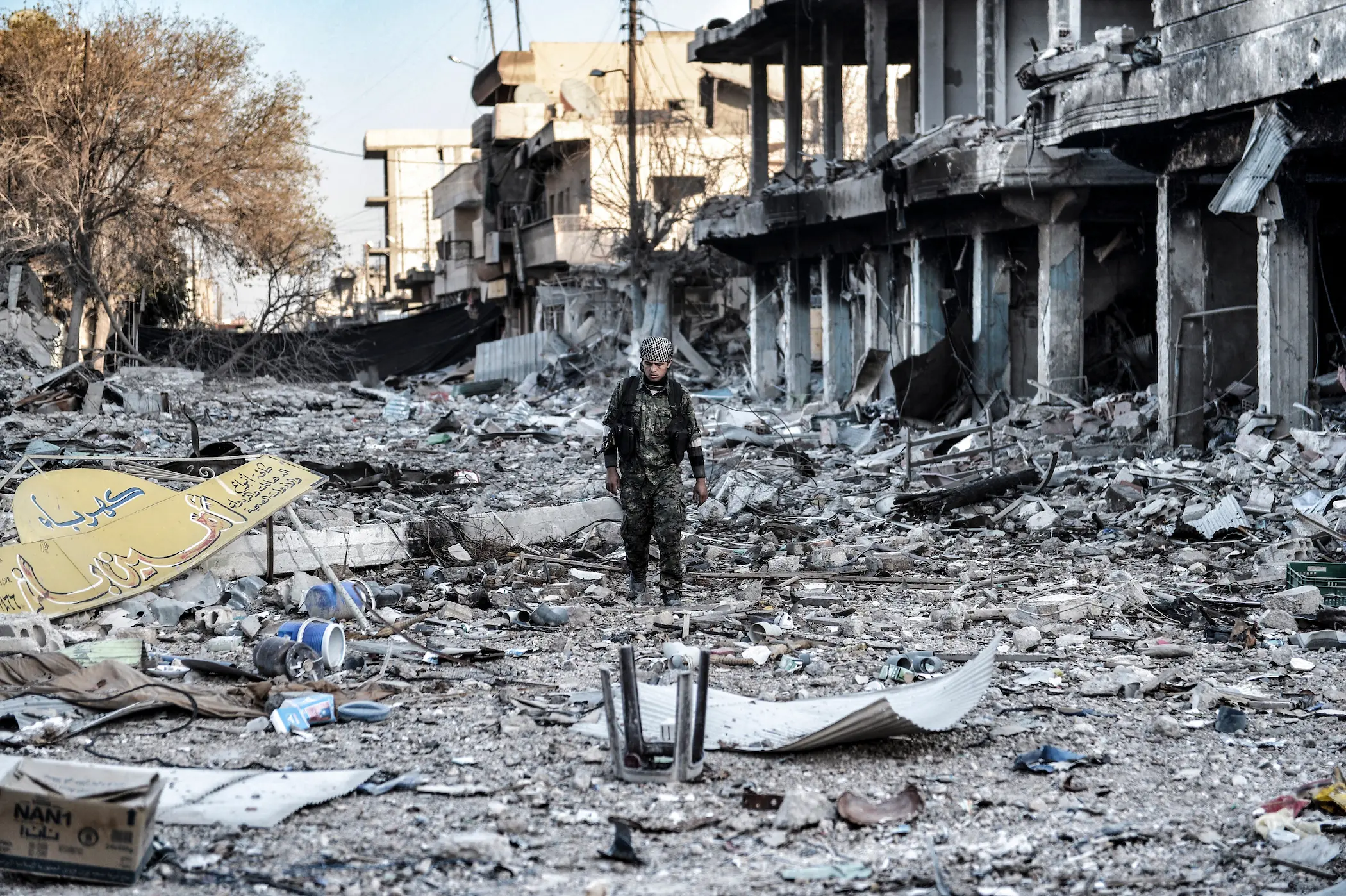Most Recent
1 Jul 2025
What If the UN runs out of money?
Since its establishment in 1945, the United Nations (U.N.) has played a central role in solidifying international cooperation and promoting global peace and security. However, the U.N.’s ability to fulfil its duties depends on financial contributions from member states. As an entity, the U.N. has several budgets, including the regular budget (covers political missions, the General Assembly workings, Security Council, human rights, and legal affairs), peacekeeping budget (covers the U.N. peacekeeping missions in areas of conflicts), and voluntary budgets (covers the activities of the UNHCR, WHO, WFP and other similar agencies). As advertised by the U.N., the organization is facing a huge financial deficit that can jeopardize its global role, thereby affecting global security.
Moreover, the U.N.’s financial deficit could have several implications, including worsening humanitarian crises, allowing regional organisations to fill the gap left by the U.N., and jeopardising the global order it has sustained following the end of the Cold War.
22 Jun 2025
Red Alert: Will the US Use a Tactical Nuclear Bomb Against Iran?
On June 22, U.S. President Donald Trump announced that, using its “bunker buster” bomb, the United States had launched an attack on Iran’s Fordow nuclear facility. While Trump declared the strike a success, the complete destruction of the facility remains unconfirmed. This raises a critical question: will Trump consider using a tactical nuclear weapon to ensure its elimination?
Tactical nuclear weapons, unlike strategic ones, are smaller in yield and designed for targeted use on the battlefield rather than for widespread destruction. Though less devastating in scale, their use would carry serious regional and global repercussions.
22 Jun 2025
What If: Iran Attacked the Dimona Reactor?
Amid the intensifying confrontation between Iran and Israel throughout 2025, the prospect of a direct strike against Israel’s Dimona nuclear facility has moved from a remote possibility to a plausible escalation scenario. As military operations increasingly target strategic infrastructure on both sides, the regional system faces the risk of a threshold breach—one that could trigger not only military and political consequences but also a multidimensional crisis involving radioactive contamination, mass displacement, and economic collapse across multiple states.
While Israel would undoubtedly bear the immediate brunt—facing mass civilian evacuations, irreversible environmental degradation in the Negev, and the paralysis of its agricultural and tourism sectors—the ripple effects would extend far beyond its borders.
Jordan’s border regions and agricultural zones in the Jordan Valley could face contamination and humanitarian strain, potentially requiring the evacuation of tens of thousands of people. Egypt’s Sinai Peninsula and northern Suez region could suffer fallout exposure, disrupting global shipping through the canal and threatening the Red Sea tourism corridor. Saudi Arabia’s northern provinces, including areas tied to its Vision 2030 megaprojects, could face both environmental and demographic disruption.
22 Jun 2025
Iran and Israel: The War That Will Redraw the Middle East
The war between Iran and Israel is arguably a war of survival for the regime in Iran. Attacking Iran seemed to be a logical step for Israel after almost destroying its arms of proxies in the region. the regime, which stands on three pillars, namely, its conventional missile arsenal, its extensive network of regional proxy forces, and its nuclear program, is facing a war of attrition that might eventually end the very survival of the regime. The fall of the regime in Iran goes beyond mere regime change, rather, it is considered a state collapse.
The collapse of the Iranian state would have dire consequences for the region. However, the possibility of the regime surviving remains a significant scenario. While the fall of Iran is widely regarded as a regional catastrophe, its continued survival, particularly with Tehran asserting itself as a regional superpower, could prove even more destabilizing for Israel and its allies. Both outcomes carry profound regional and global implications, signalling a transformation in Middle Eastern geopolitics. The pressing question is not whether change is coming, but rather: what will the new Middle East look like?
Early Warning
1 Jul 2025
What If the UN runs out of money?
Since its establishment in 1945, the United Nations (U.N.) has played a central role in solidifying international cooperation and promoting global peace and security. However, the U.N.’s ability to fulfil its duties depends on financial contributions from member states. As an entity, the U.N. has several budgets, including the regular budget (covers political missions, the General Assembly workings, Security Council, human rights, and legal affairs), peacekeeping budget (covers the U.N. peacekeeping missions in areas of conflicts), and voluntary budgets (covers the activities of the UNHCR, WHO, WFP and other similar agencies). As advertised by the U.N., the organization is facing a huge financial deficit that can jeopardize its global role, thereby affecting global security.
Moreover, the U.N.’s financial deficit could have several implications, including worsening humanitarian crises, allowing regional organisations to fill the gap left by the U.N., and jeopardising the global order it has sustained following the end of the Cold War.
22 Jun 2025
Red Alert: Will the US Use a Tactical Nuclear Bomb Against Iran?
On June 22, U.S. President Donald Trump announced that, using its “bunker buster” bomb, the United States had launched an attack on Iran’s Fordow nuclear facility. While Trump declared the strike a success, the complete destruction of the facility remains unconfirmed. This raises a critical question: will Trump consider using a tactical nuclear weapon to ensure its elimination?
Tactical nuclear weapons, unlike strategic ones, are smaller in yield and designed for targeted use on the battlefield rather than for widespread destruction. Though less devastating in scale, their use would carry serious regional and global repercussions.
22 Jun 2025
What If: Iran Attacked the Dimona Reactor?
Amid the intensifying confrontation between Iran and Israel throughout 2025, the prospect of a direct strike against Israel’s Dimona nuclear facility has moved from a remote possibility to a plausible escalation scenario. As military operations increasingly target strategic infrastructure on both sides, the regional system faces the risk of a threshold breach—one that could trigger not only military and political consequences but also a multidimensional crisis involving radioactive contamination, mass displacement, and economic collapse across multiple states.
While Israel would undoubtedly bear the immediate brunt—facing mass civilian evacuations, irreversible environmental degradation in the Negev, and the paralysis of its agricultural and tourism sectors—the ripple effects would extend far beyond its borders.
Jordan’s border regions and agricultural zones in the Jordan Valley could face contamination and humanitarian strain, potentially requiring the evacuation of tens of thousands of people. Egypt’s Sinai Peninsula and northern Suez region could suffer fallout exposure, disrupting global shipping through the canal and threatening the Red Sea tourism corridor. Saudi Arabia’s northern provinces, including areas tied to its Vision 2030 megaprojects, could face both environmental and demographic disruption.
22 Jun 2025
Iran and Israel: The War That Will Redraw the Middle East
The war between Iran and Israel is arguably a war of survival for the regime in Iran. Attacking Iran seemed to be a logical step for Israel after almost destroying its arms of proxies in the region. the regime, which stands on three pillars, namely, its conventional missile arsenal, its extensive network of regional proxy forces, and its nuclear program, is facing a war of attrition that might eventually end the very survival of the regime. The fall of the regime in Iran goes beyond mere regime change, rather, it is considered a state collapse.
The collapse of the Iranian state would have dire consequences for the region. However, the possibility of the regime surviving remains a significant scenario. While the fall of Iran is widely regarded as a regional catastrophe, its continued survival, particularly with Tehran asserting itself as a regional superpower, could prove even more destabilizing for Israel and its allies. Both outcomes carry profound regional and global implications, signalling a transformation in Middle Eastern geopolitics. The pressing question is not whether change is coming, but rather: what will the new Middle East look like?
Economics and Energy
15 Jun 2025
The Erosion of Iranian Deterrence
Between June 13 and 14, 2025, Israel executed one of the most daring and sophisticated military operations in its contemporary history: a multi-pronged aerial strike that penetrated deep into Iranian sovereign territory in an unprecedented fashion. The offensive targeted critical nuclear infrastructure, including the Natanz and Fordow enrichment facilities, alongside additional military installations near Isfahan. Furthermore, the operation struck key airbases integral to Iran’s air defence network, most notably Hamadan and Tabriz airfields. In parallel, Israeli forces targeted senior leadership within both the Islamic Revolutionary Guard Corps (IRGC) and the conventional military, with subsequent intelligence assessments confirming direct hits and casualties among Iran’s high command.
Iran's response, though swift, bore the hallmarks of operational improvisation. Seeking to reassert deterrence and project resilience, Tehran launched over one hundred unmanned aerial vehicles (UAVs) on the same day, primarily of the Shahed-136 and Shahed-131 variants. These drones traversed approximately 2,000 kilometres through Iraqi and Syrian airspace. However, the majority failed to reach Israeli territory. Instead, they were intercepted by a multi-layered defensive network composed of Jordanian, Saudi, and Israeli air defence systems, all heavily supported by U.S. early-warning and tracking technologies. A large number were neutralized over Iraq’s Anbar province and the deserts of Jordan, while others were downed over northern Saudi Arabia.
On June 14, Iran escalated by launching its principal retaliatory strike in the form of a large-scale, coordinated ballistic missile attack. Over 150 ballistic missiles were deployed, prominently including Ghadr-110 (with a range of up to 3,000 km), Khorramshahr, and Sejjil-2—among the most advanced systems in Iran’s medium-range missile arsenal. These missiles targeted multiple sites deep inside Israeli territory. A notable strike occurred near Israel’s Ministry of Defence compound in the Kirya complex in central Tel Aviv, where one missile reportedly caused structural damage and minor injuries, though no fatalities among military personnel were confirmed. Additional missiles struck civilian infrastructure in Tel Aviv, Ramat Gan, and Rishon LeZion, injuring several individuals—one critically—with the majority suffering only mild to moderate wounds.
Despite the magnitude of the missile barrage, the strategic yield fell significantly short of Tehran’s expectations. This underperformance prompted Iranian authorities to broaden the scope of their confrontation, issuing explicit warnings that U.S. military assets across the region—particularly in the Gulf—would henceforth be considered legitimate targets. These threats referenced high-value installations such as Al Udeid Air Base in Qatar, Al Dhafra Air Base in the United Arab Emirates, and U.S. military positions in Iraq, including Ain al-Asad and Camp Victoria in Baghdad, as well as naval facilities in Bahrain.
From Iran’s strategic vantage point, any U.S. involvement—especially in reinforcing Israeli air defences—constitutes direct participation in the hostilities. This rationale is now used to justify Tehran’s threats to strike American military positions across the Gulf. The implications of this shift are profound: for the first time since 2020, the prospect of open military confrontation in the Persian Gulf has become a credible geopolitical scenario. The regional deterrence equation, long balanced on latent threat and calculated ambiguity, has now entered a phase of dangerous volatility.
This analysis seeks to offer a comprehensive examination of the strategic motivations underpinning Iran’s threats to target U.S. military bases in the Gulf region. By synthesizing operational data—namely, Iran’s patterns of ballistic missile and drone deployment—with broader structural dynamics of regional and international power distribution, to elucidate the strategic logic through which American military installations in the Gulf emerge as priority targets within Iran’s evolving deterrence doctrine.
28 May 2025
What If: The US Economy Collapses?
Global trade tensions, supply chain disruptions, and skyrocketing costs are some of the unprecedented effects caused by U.S. president Donald Trump’s second term aggressive tariff policies. Tariff policies' impact goes beyond being just hypothetical, with real-time predictions and forecasts that more severe effects could follow; the global GDP is expected to slowly grow by only 2.2% in 2025, while the United Nations Conference on Trade and Development (UNCTAD) has warned of a possible global recession, given that growth slips below 2.5%. Not only the UNCTAD but also the International Monetary Fund (IMF) has downgraded its outlook for the global economy to 2.8% in 2025 and made a significant revision for the U.S. economy lowering its 2025 growth projection to 1.8% in April from 2.7% in January. Adding to these concerns, the World Trade Organization has already highlighted a sharp deterioration in global trade prospects, with world merchandise trade now expected to decline by 0.2% in 2025, nearly three percentage points lower than previous forecasts.
The current instabilities go beyond the economic aspect; they also affect the U.S.’s international alliances and add additional burdens to households, many of whom are delaying major life decisions. A pressing question amid recession fears arises: What are the impacts on a global scale in the event of a U.S. economic collapse? Given the leading position the U.S. plays as the world’s largest economy and the leading issuer of primary reserve currency, such a downturn would trigger a financial disaster of unparalleled magnitude. Essentially, if the U.S.’s economy falls, the world’s economy falls with it. Imagine waking up a few years from now, pulling out your phone, and seeing the headline: "U.S. Economy in Freefall: Markets Collapsed Overnight." It begins as a distant rumble, as if a story is taking place somewhere else. But then you go to get your morning coffee, and the price has tripled. Your investment app reveals that your life savings have been devastated. Overseas, factories that rely on American consumers come to a standstill, leaving entire villages jobless. The USD, once the cornerstone of global banking, has collapsed, provoking wild currency wars as governments try to preserve their own. Suddenly, that far-off catastrophe isn't so far away; it's emptying your wallet, increasing your grocery cost, and endangering your basic existence. This isn't just a headline; it's a chilling, global economic winter, its icy grip felt in every home, on every continent, for generations. Are we truly prepared for such a cataclysm?
19 May 2025
TikTok: China’s New Weapon
The ongoing trade war between China and the United States (U.S.) has been unfolding for several years and has gained increasing public attention, largely throughout the influence of social media platforms. As awareness of the conflict spreads, social media not only informs the public but also shapes consumer behaviour, often prompting individuals to shift to alternative markets. In some cases, governments recognize this influence and strategically leverage social media influencers to guide public opinion and economic choices. This is already going on in our scenario between China and U.S.
10 Mar 2025
Sanctions and Self-Sufficiency: The Evolution of Iran’s Manufacturing Sector
For decades, Western countries, especially the United States (U.S.), used sanctions as a common tool to promote democracy and prevent certain nations from developing nuclear or chemical weapons. Iran, due to its efforts to develop nuclear weapons and other advanced technological weapons, has become a prime example, facing one of the strictest sanctions regimes in the world since the 1979 Iranian Revolution. These measures including the U.N. Security Council embargoes in 2007 and 2015, have had a major impact on Iran’s economy. However, alongside the economic hardship, sanctions have also spurred the growth of a domestic manufacturing sector, especially in defence and military industries, demonstrating the country’s capacity to adapt to hardship.
Political Studies
22 Jun 2025
Iran and Israel: The War That Will Redraw the Middle East
The war between Iran and Israel is arguably a war of survival for the regime in Iran. Attacking Iran seemed to be a logical step for Israel after almost destroying its arms of proxies in the region. the regime, which stands on three pillars, namely, its conventional missile arsenal, its extensive network of regional proxy forces, and its nuclear program, is facing a war of attrition that might eventually end the very survival of the regime. The fall of the regime in Iran goes beyond mere regime change, rather, it is considered a state collapse.
The collapse of the Iranian state would have dire consequences for the region. However, the possibility of the regime surviving remains a significant scenario. While the fall of Iran is widely regarded as a regional catastrophe, its continued survival, particularly with Tehran asserting itself as a regional superpower, could prove even more destabilizing for Israel and its allies. Both outcomes carry profound regional and global implications, signalling a transformation in Middle Eastern geopolitics. The pressing question is not whether change is coming, but rather: what will the new Middle East look like?
15 Jun 2025
Why Did Iran Fail to Repel Operation Rising Lion?
Operation Rising Lion, executed by Israel on June 13, 2025, constituted a lightning strike aimed at crippling the very core of Iran's nuclear and military infrastructure. Israeli Prime Minister Benjamin Netanyahu characterised this pre-emptive operation as a necessary measure to "roll back the Iranian threat to Israel's very survival," drawing upon the Begin Doctrine previously brought to bear in analogous strikes against Iraq in 1981 and Syria in 2007. The operation's objectives were marked by strategic multiplicity and diversity, encompassing the targeting of numerous nuclear facilities, alongside senior Iranian military commanders and nuclear scientists, in an endeavour to inflict maximum damage upon Iran's military and nuclear capabilities. Israel's intent was not merely confined to disrupting the nuclear program; it extended to undermining Iran's capacity to mount retaliatory assaults and to fend off future waves of Israeli attacks.
The timing of the Israeli operation came on the heels of a meticulous assessment by the Israeli leadership, which had concluded that Iran was on the cusp of achieving a dangerous breakthrough in its pursuit of nuclear weaponry, thereby necessitating the exploitation of a narrow temporal window before Iranian nuclear facilities became either too advanced or too robustly protected. In this context, this analysis aims to delve into the rationale underpinning the operation, to account for Tehran's apparent failure to parry the assault effectively, and to examine the attack's repercussions on Iran's domestic landscape. Furthermore, it seeks to investigate the potential pathways Iran might pursue to reconstitute its deterrent capability.
3 Jun 2025
Why the Houthis Insist on Attacking Israel?
The Houthi armed group has been launching missile and drone attacks on Israel since the start of the Hamas-Israel war in October 2023. While these actions have been undertaken to show solidarity with Gaza and the Palestinian cause, the Houthi utilised these attacks to increase its popularity in Yemen. Moreover, the Houthi group, which is mainly supported by Iran, used these attacks to prove that it is capable militarily of engaging with foreign powers, hence delivering a message to the Aden-based legitimate government and its Gulf allies that it is militarily ready to engage with them.
18 May 2025
A New Regional Committee to Fight ISIS
In March 2025, Turkey, Syria, Jordan, Lebanon, and Iraq agreed to create a joint committee to fight the Islamic State of Iraq and Syria (ISIS). While this committee reflects the desire of regional countries to take lead in deterring regional security threats, it also motivates the United States to withdraw its forces from Syria, giving more space to the new formed committee to fight ISIS. Moreover, the newly formed committee could serve as an alternative to the U.S.-led international coalition that was established in September 2014 to counter ISIS and curb its spread in Syria and Iraq.
While the coalition was instrumental in weakening the group, mainly through airstrikes and by supporting Kurdish armed factions on the ground, it now appears that regional actors are stepping in to lead the next phase of counterterrorism efforts.

